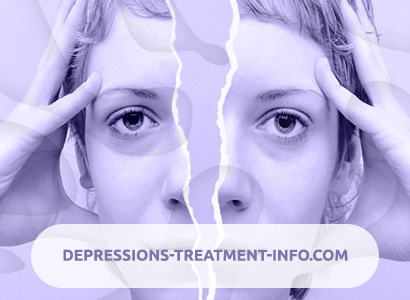 Causes of Schizoid Personality Disorder
Causes of Schizoid Personality Disorder
Genetic predisposition and upbringing according to the type of “Cinderella”, or hyper-custody with a hyperprotective mother and a passive father. The most typical cases are caused by the education of a cold and distant mother, who at the expense of the child solves her own problems. The child further accepts this model of education and reproduces it in relation to his children.
Symptoms of Schizoid Personality Disorder
The main symptom is a lack of contact with others, autism. A characteristic psycho-esthetic proportion according to E. Kretschmer is from hyperesthetics, mimosa-like sensitivity to anesthesia. These types of personalities are prone to interest in such abstract fields of knowledge as astronomy, mathematics, philosophy, in which they can achieve success. Decompensated in situations where they require a large amount of communication and quick decision-making. Characterized by emotional coldness, inability to show warm feelings, tenderness or anger towards other people. Indifferent to prevailing social norms and conditions. There is a lack of close friends or trusting relationships and a lack of desire to have one. They prefer loneliness and a fenced off lifestyle, although in everyday life they are usually not capable of resolving elementary situations. Characteristic is the construction of fantasies, which usually do not translate into reality, but create a kind of parallel world to reality. Possible increased sensitivity to resentment, and lack of response to significant conflict situations. However, coldness can be a kind of protection in connection with hypersensitivity. Usually they do not pay attention to their appearance and neglect the presentations of those around them. Patients with schizoid personality disorder are predisposed to a simple form of schizophrenia, schizotypal disorders, they are more likely to have childhood autism in childhood, and Asperger syndrome in puberty.
Diagnosis of Schizoid Personality Disorder
It should be differentiated with the development of simple schizophrenia and schizotypal disorder. The difficulties lie in the fact that the above disorders can also develop in post-puberty and the diagnosis largely depends on the assessment of the possibilities of social adaptation and the severity of emotional-volitional changes.
Treating Schizoid Personality Disorder
Group therapy with an emphasis on self-acceptance and application of the characteristics of your personality with maximum benefit for yourself and others. Perhaps the use of small doses of atypical antipsychotics, in particular rispolepta.
